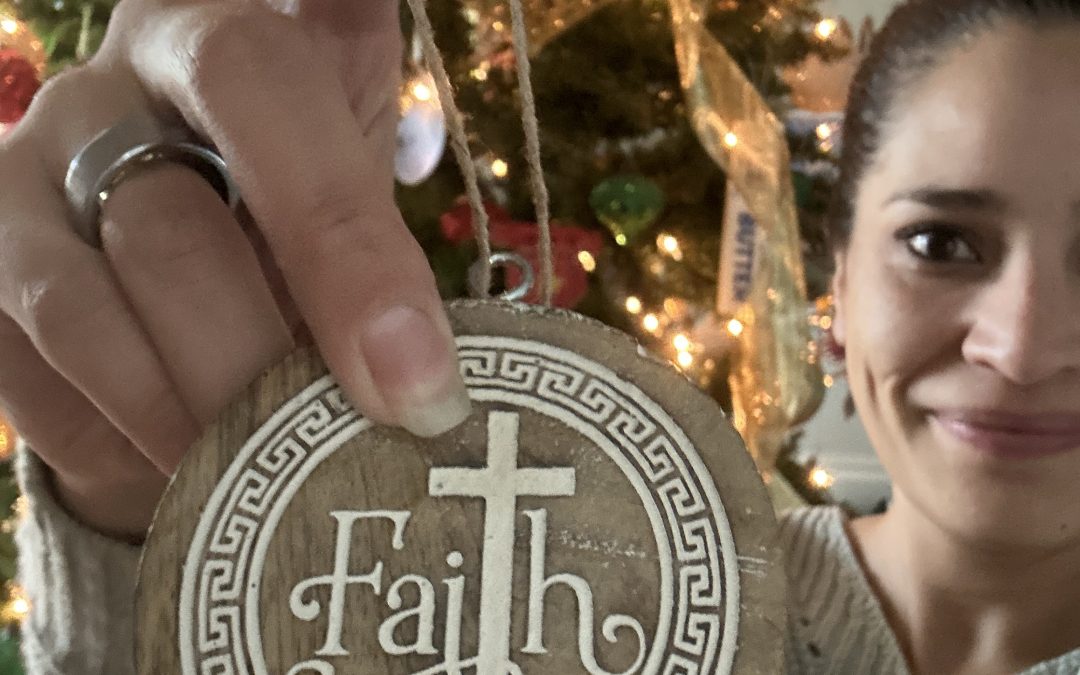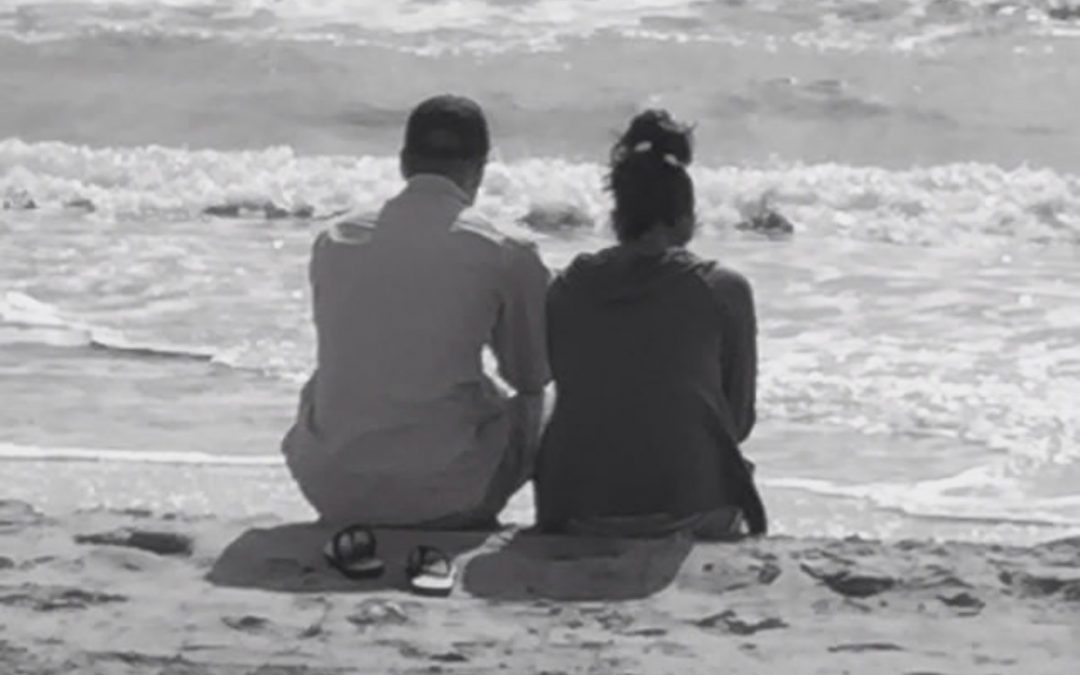
Finding Joy During the Holidays: Christian Counselor Insights
The holidays are supposed to be a time full of joy, but for many of us, they come with a mix of emotions. Bright lights and cheerful music do not always match how we are really feeling inside. Some people in San Antonio might feel pulled in two directions, trying to enjoy the season while quietly carrying sadness, stress, or loneliness. That is more common than it seems.
From the view of Christian counseling in San Antonio, we know that peace and hope can still show up, even when the season feels heavy. Faith, reflection, and small supportive changes can help us care for both our hearts and minds. As a local counseling practice, we offer both in-person and virtual support in San Antonio, making it easier to reach out when you need a caring professional. Let us take a look at how to make space for joy, even when it feels far off, and how we can gently welcome moments of connection this December.
Why Holidays Can Feel Heavy
Not everyone feels cheerful once December rolls around. Sometimes we wonder if we are the only ones not feeling the holiday spirit. We are not. The truth is, this season can be tough for a lot of reasons.
• We often feel pressure to be happy, simply because it is the holidays. That pressure can feel even stronger when social media, ads, and traditions show picture-perfect scenes we do not really relate to right now.
• Pain from past losses or family conflict can show up again in December, especially when memories are stronger or certain traditions bring reminders we were not expecting.
• Being around people does not always guarantee connection. It is possible to still feel lonely even when we are at parties, family dinners, or church events. That quiet disconnection can feel more obvious during what is supposed to be “the most wonderful time of the year.”
Acknowledging that heaviness privately or with someone we trust can be the first step toward finding relief.
The Power of Faith While Waiting for Joy
Faith does not mean pretending everything is fine. In fact, stronger faith can grow from facing our hardest moments honestly. It is okay to bring big emotions into conversations with God, just like we might with a close friend.
Prayer does not have to be fancy or planned. Sometimes, it is just a few whispered words during a quiet evening or simple verse reading on a busy morning. Scripture offers comfort that stays steady, even when our feelings change.
There are small ways we can stay connected with our faith when it feels shaky:
• Lighting a candle before prayer to help slow down
• Playing worship music during regular chores
• Reading short devotionals in the morning or before bed
• Writing down things we are grateful for, even one word at a time
Faith is not about ignoring our pain. It is about knowing God sits with us in it.
Creating Moments of Connection
Sometimes the holidays lose their warmth because we are running on empty. One way to gently shift that is by being more thoughtful about who we spend time with and what we actually say yes to.
Connection does not always need a big event. Even small, thoughtful moments can bring comfort. Baking cookies with a friend, parking for five minutes just to watch the lights, or keeping a weekly lunch date at a simple spot; these become markers of care that last longer than we realize.
Here are a few ideas to help make space for real connection:
• Decide which events and outings you really want to attend
• Say no to gatherings that leave you exhausted or distant
• Make one-on-one plans with someone you trust
• Ask for help, whether it is a ride, a meal, or just emotional support
We do not have to power through things alone. Letting someone in might be the first light in a long week.
Letting Go of the Picture-Perfect Holiday
Perfect is not real. But many of us still feel stuck trying to match an ideal holiday we have seen before or once experienced. That chase can take away the joy we actually have right in front of us.
Whether it is expectations around food, outfit choices, or how gift-giving should look, trying to manage all of it can wear us down. Things feel lighter when we give ourselves permission to let good be good enough.
Here are a few ways to set better expectations:
• Notice when your expectations start with “should” and ask where they come from
• Share your limits gently but clearly with others ahead of time
• Let things be a little messy; imperfect does not mean unloving
• Remind yourself that not everything has to follow tradition to be meaningful
When we shift the focus from doing everything right to being present, we make more room for quiet happiness.
Moving Through the Holidays With Hope
Even if this season feels heavier than it has in the past, that does not mean joy is completely out of reach. Hope does not always show up loudly. Sometimes, it looks like a peaceful pause, a kind text, or a moment where we really feel heard.
With faith and gentle support, both spiritual and emotional, we can find our way through the holidays in a way that is honest and full of grace. If it starts with tears or silence, that is okay too. We do not have to fix everything for the holidays to matter.
Your Path to Peace This Holiday Season
You are not alone. If things feel hard to carry, help is never far. At La Luz Counseling, we serve individuals, couples, and families in San Antonio, including children as young as four, and offer bilingual services in both English and Spanish. There is still time for light, connection, and moments of peace that feel true to where we are today.
Through the holidays, we offer space to talk through both the emotional weight and the spiritual side of what you are feeling. Whether you are carrying stress, grief, or a quiet kind of sadness, you are not the only one. With Christian counseling in San Antonio, we walk with people who want comfort that honors both mental health and faith. At La Luz Counseling, we believe healing can make room for both honesty and hope. When you are ready for that kind of care, reach out.








Recent Comments